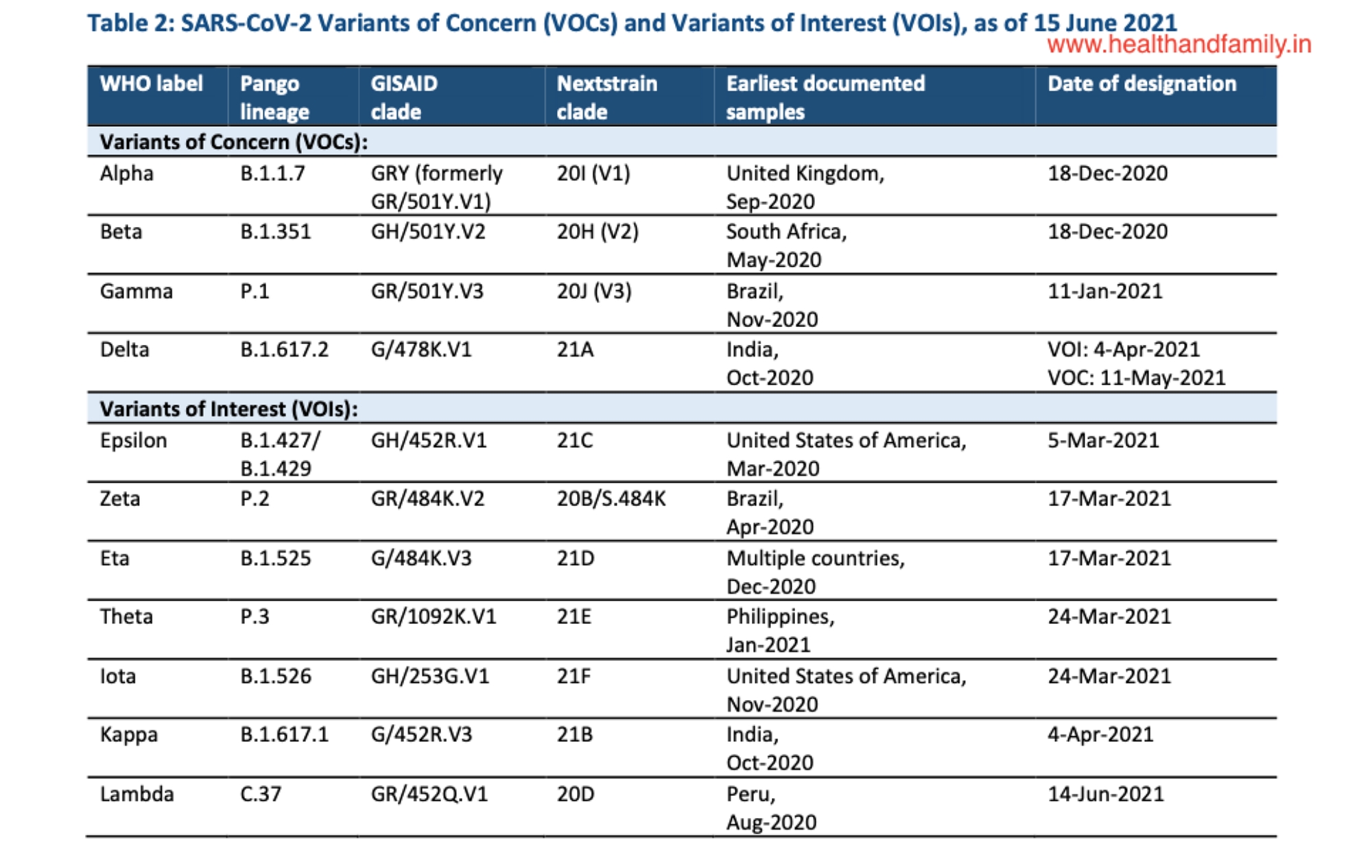Washington, D.C. – February 17, 2025 – Pancakes, the beloved breakfast staple, are often soft, fluffy, and irresistibly delicious, but they’re not always the healthiest option. However, a groundbreaking study by food scientists at Washington State University (WSU) is changing the game by making these morning favorites more nutritious without compromising on taste or texture.
Dr. Girish Ganjyal, a professor and food processing specialist in WSU’s School of Food Science, and his team sought to address the health concerns surrounding pancakes, traditionally made with refined flours that contribute to empty calories. “We wanted to see if it’s possible to make tasty pancakes with whole grains that add some fiber and protein,” said Ganjyal.
The team explored the use of whole-grain flours like buckwheat, quinoa, millet, and whole wheat as replacements for refined flour in pancake recipes. Their research, recently published in Cereal Chemistry, showed promising results. The new pancakes, which incorporated various amounts of whole-grain flours ranging from 25% to 100%, retained the flavor and texture of traditional pancakes.
Buckwheat, quinoa, and whole-wheat flours were seamlessly incorporated into the pancake recipes, while millet flour required slight pre-cooking to avoid crumbling issues. However, challenges arose during the development of these whole-grain pancakes. “We started with a small level of replacement flours, then kept increasing them until it wasn’t practical,” explained Ganjyal. Millet flour, in particular, posed challenges in binding the pancakes properly without additional adjustments.
The study’s experiments used a standardized pancake recipe, with the only variable being the type and percentage of flour. The control pancakes, made with refined flour, served as the benchmark for comparison. Despite the changes in flour composition, the new pancakes did not significantly differ in taste or texture from traditional versions.
This research is part of WSU’s Soil to Society project, launched in 2021 with a USDA grant. This initiative focuses on improving food nutrient profiles by working with plant breeders, nutrition experts, and food scientists. Ganjyal hopes that his team’s findings will encourage flour manufacturers to produce healthier options for consumers and restaurants alike.
The study also highlights the valuable experience gained by the research team, which included a mix of graduate students, undergraduates, and even a high school intern. “One of the best parts of my job is training the next generation, and hands-on experience like this lets students see how we can help improve the food system for everyone,” said Ganjyal.
As the research continues, Ganjyal and his team are investigating why different flours behave differently under cooking conditions and how they can modify these flours to match the texture of refined flour. The hope is to make these healthier pancakes a mainstream option without sacrificing the classic flavors that have made them a breakfast favorite for generations.
Reference: “Value-added pancakes: Incorporation of whole wheat, buckwheat, quinoa, and proso millet flour into pancakes and their effect on product quality” by Elizabeth Nalbandian, Daun Park, Natalie Camerino, and Girish M. Ganjyal, Cereal Chemistry, 11 December 2024. DOI: 10.1002/cche.10858
Disclaimer: The findings discussed in this article are based on preliminary research. As with all food products, individual preferences and dietary needs may vary. Please consult a healthcare provider or nutritionist for personalized advice.












